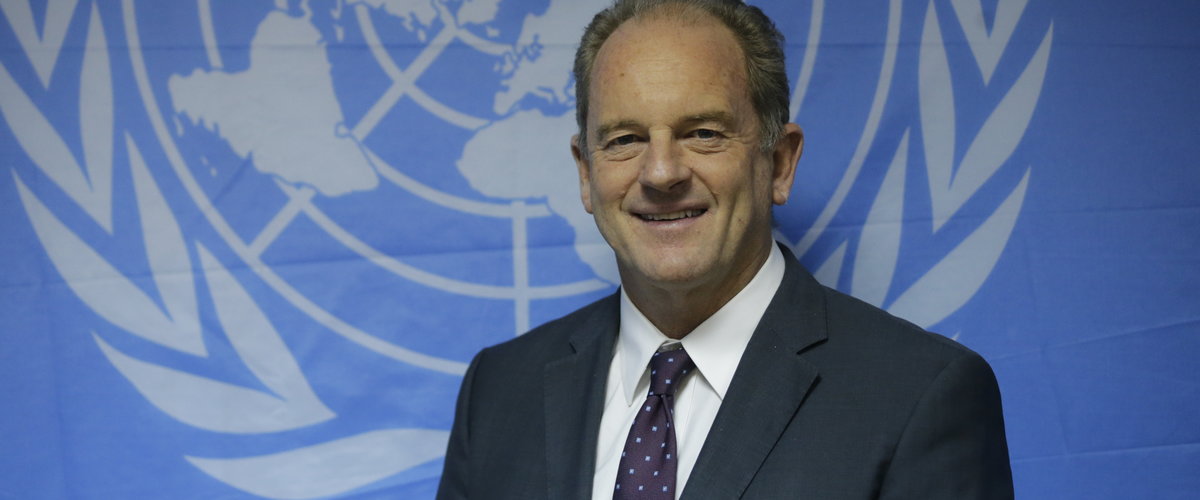Political will needed to form S. Sudan’s unity gov’t: UN official
December 17, 2019 (JUBA) – South Sudan’s rival leaders should display the political will needed to fully implement the peace agreement and form a unity government, a United Nations official said.

“All parties now need to choose to follow on with their words, and the international partners need to remain fully resolute, as I am sure they will do, in their support,” he added.
President Kiir and opposition leader Riek Machar were expected to form a unified transitional government by mid-November, in line with a revitalized peace agreement signed in September last year.
But with days to go, the deadline was extended by more 100 days.
Shearer said peace deal has led to “a transformative process” in South Sudan, which has recorded steep declines in civilian casualties and abductions, as well as sexual violence, while improved security has prompted at least 645,000 displaced people to flee their homes.
“But the choice to delay a transitional government twice has dampened initial hopes, eroded some trust and confidence, and caused people to suspect that the political will between the parties is waning”, he stressed.
Shearer underlined the international community’s support for the nation, including by the African Union, Intergovernmental Authority on Development (IGAD) and the UN Security Council.
“The international engagement, together with Dr. Riek Machar’s presence in Juba over the past week, and during face-to-face meetings with President Kiir, has led to positive statements from both leaders in the past 24 hours”, he stressed.
The UN official told the Council that by mid-January, there needs to be progress in key areas of the peace agreement, such as the reunification of forces but also on states and boundaries.
“Because power and access to resources is heavily vested in states, and in turn, often linked to ethnic groups, it means that this particular issue is politically charged”, he explained.
Meanwhile, conflict continues to take a toll on South Sudan’s people.
While the ceasefire has largely held, the UN mission chief warned that a recent spike in inter-communal clashes risks spilling into more serious political violence.
According to the UN Office for Co-ordination of Humanitarian Affairs (UNOCHA), nearly a million people have been affected by flooding, which has washed away crops, destroyed homes and sparked fears of famine.
Aid agencies recently launched a $1.5 billion plan to support about 5.6 million people next year.
Shearer said the choices South Sudan’s leaders make now will determine the country’s future.
South Sudan descended into civil war in mid-December 2013 when President Kiir accused his former deputy Machar of plotting a coup, allegations the latter denied.
In September last year, the country’s rival factions signed a revitalized peace deal to end the civil war that killed tens of thousands of people and displaced millions.
(ST)
